BLOG
Categories
How In-Home Support Reduces Family Stress: Key Benefits for Adoptive Families
Understanding the Need for In-Home Support
Adoptive families often face unique challenges that require specialized support.
Identifying risk factors like trauma or family violence, and considering social determinants like poverty, are key to providing effective in-home assistance.
Identifying Risk Factors in Adoptive Families
Adoptive families might experience increased stress due to various risk factors.
Past trauma of the child can lead to behavioral issues. Family violence and substance abuse can further complicate family dynamics.
It's important to recognize these factors early to offer timely support.
In-home services tailored to these needs help create a safe, nurturing environment.
Family support systems are crucial in addressing these issues. They provide tools and strategies to manage challenges, reducing stress for everyone involved.
Early intervention can significantly improve outcomes for the family.
The Role of Social Determinants of Health
Social determinants, like poverty, access to education, and healthcare, affect adoptive families' ability to cope.
Limited resources can increase stress and impact overall well-being. Understanding the family's environment is necessary for effective in-home support.
Addressing these factors helps in mitigating additional stressors.
Providing assistance, like connecting families with community resources, can ease financial burdens.
Ensuring access to healthcare and educational support is critical in reducing anxiety and fostering stability.
Comprehensive In-Home Support Strategies
Providing in-home support to adoptive families can significantly ease family stress.
By leveraging family support programs, community resources, and access to mental health services, adoptive families can thrive.
Implementing Family Support Programs
Family support programs play a crucial role in providing assistance to adoptive families.
In-home support includes personalized services that address specific family needs, ensuring a tailored approach.
Trained professionals visit homes to offer guidance and assistance.
Regular meetings help develop strong connections between families and support workers.
Skills training and parenting workshops are often part of these programs.
They equip you with effective parenting strategies.
Emphasizing the importance of consistent support, these programs aim to create a nurturing environment for both children and caregivers.
Utilizing Community Resources and Services
Community resources provide additional support, complementing in-home services.
Local organizations offer various programs that target the needs of adoptive families.
For instance, parent support groups and networking opportunities help foster connections among families facing similar challenges.
Access to community centers, libraries, and recreational activities is essential in providing social interaction and learning experiences.
Engaging with community programs expands your support network.
Community resources can help you find workshops, family events, and educational opportunities, ensuring comprehensive support for your family.
These resources help build confidence and resilience in adoptive families over time.
Facilitating Access to Mental Health Services
Access to mental health services is vital for adoptive families.
Counseling supports emotional well-being and addresses challenges related to adoption.
Involving mental health professionals early can prevent potential issues.
Family therapy sessions promote open communication, ensuring that everyone receives emotional support.
Prioritizing mental health reduces stress in adoptive families.
Regular check-ins with mental health providers allow for early identification and intervention of any emotional or behavioral concerns.
Engaging in individual or group therapy can be beneficial.
These sessions provide a safe space for you and your family to express feelings and navigate challenges together.
Special Considerations for Adoptive Families
Adoptive families often face unique challenges that may involve trauma and developmental disabilities. These families require careful navigation of family dynamics and tailored support systems to thrive.
Addressing Developmental Disabilities and Trauma
Adopted children may experience developmental disabilities or trauma due to their early life experiences.
Trauma can impact their emotional regulation, behavior, and attachment. This requires proactive approaches to create a supportive environment.
You might consider specialized counseling that focuses on trauma-informed care and developmental needs.
For children with developmental disabilities, interventions such as occupational therapy or speech therapy can be crucial.
Regular assessments by professionals help track progress and adapt interventions.
Building a responsive, empathetic environment at home can facilitate healing and growth, enabling children to feel secure and supported.
Navigating Family Dynamics and Support Mechanisms
The dynamics of adoptive families can differ significantly from biological ones.
You may find it beneficial to engage in family counseling to address relationship building and communication challenges.
Counselors skilled in adoption issues can offer valuable insights into managing these dynamics.
Having a strong network of family support is vital.
Encourage involvement from extended family and friends who can provide practical aid and emotional backing.
It's helpful to connect with local or online support groups of other adoptive families, where you can share experiences and strategies.
Building relationships with other adoptive families can foster understanding and provide avenues for shared activities and support.
Evaluating the Impact of Respite Care

Respite care offers valuable support by relieving caregivers from their duties temporarily. This service plays a crucial role in reducing burnout and enhancing family relationships and mental health.
Alleviating Caregiver Burnout
Caregivers often experience constant stress and exhaustion from their daily responsibilities.
Respite care provides a break from these demands, allowing time for relaxation and self-care.
When caregivers have the chance to rest, they can return to their roles with renewed energy and focus. This reduction in burnout ensures better care for the family member in need.
Respite services also offer caregivers the opportunity to pursue personal interests or socialize, contributing further to a balanced life.
Remember, taking time for yourself is not a luxury but a necessary element of effective caregiving.
Improving Family Cohesion and Mental Health
Strong family bonds are essential, and respite care contributes to these by reducing stress and tension within the home.
With less daily stress, families can communicate more effectively and spend quality time together.
Mental health improves not just for the caregiver, but for the entire family.
Lower stress levels can positively affect everyone, creating a more harmonious environment.
The benefits of respite care extend beyond immediate relief.
Families frequently report greater stability and satisfaction after utilizing these services.
Enhanced mental health and family cohesion result in a supportive and nurturing household.
Regional Focus: Support Systems in Pennsylvania

In Pennsylvania, family support services work to create stable and supportive environments for adoptive families. These services are designed to strengthen family bonds and prevent the need for out-of-home placements.
Pennsylvania's Approach to Family Support Services
Pennsylvania offers a network of family support programs to help adoptive families adapt and thrive.
These programs provide varied resources, such as parenting classes and health services.
By offering formal supports, like structured programs, and informal supports, such as community groups, the state helps families address challenges effectively.
Special Kids Network is an example, connecting families to resources that meet their specific needs.
The goal is to ensure every family has access to tools that personalize their support, addressing issues unique to adoption.
Out-of-Home Placement Prevention Initiatives
To prevent out-of-home placements, Pennsylvania implements in-home mental health services aimed at strengthening family dynamics.
These services focus on creating a stable home environment, which is crucial for adoptive families facing stress.
Support teams visit homes to provide guidance and mental health resources, reducing the likelihood of disruptions.
Additionally, the state works with local agencies like Family Services of NW PA.
These agencies offer tailored programs that keep families together, handling issues before they lead to separation.
This approach underscores Pennsylvania's commitment to maintaining family unity by using preventive strategies.
Frequently Asked Questions

Adoptive families often face unique challenges that can lead to increased stress. To help mitigate this, in-home support, effective communication with friends and family, and access to professional services can play crucial roles in reducing stress.
What can friends and family members do to support adoptive families?
Friends and family can offer practical help by babysitting or helping with chores.
Emotional support, such as listening and being understanding, is also valuable. Offering time and presence can make a big difference.
What are some effective stress management techniques for adoptive parents?
Adoptive parents can practice mindfulness and relaxation exercises to reduce stress.
Regular breaks, physical activity, and ensuring personal time for hobbies or relaxation are important for maintaining mental health.
How can professional counseling benefit adoptive families?
Professional counseling provides a safe space to discuss challenges and develop coping strategies.
It can help adoptive families improve communication and strengthen family bonds, enhancing overall well-being.
What resources are available to help adoptive families navigate post-adoption challenges?
Adoption agencies and support groups offer resources and guidance.
Online forums and local community organizations often provide valuable advice and support specific to the needs of adoptive families.
In what ways can the community provide support to adoptive families?
Communities can support adoptive families by offering welcoming environments and inclusivity.
Local events and support groups can foster a sense of belonging, connecting families with others who share similar experiences.
How can educational institutions create an inclusive environment for adoptive families?
Schools can promote inclusivity by educating staff and students about adoption. They can offer tailored support plans for adoptive students. Additionally, they can ensure that educational materials acknowledge diverse family structures.
RECENT POSTS
Bringing and keeping families together!










